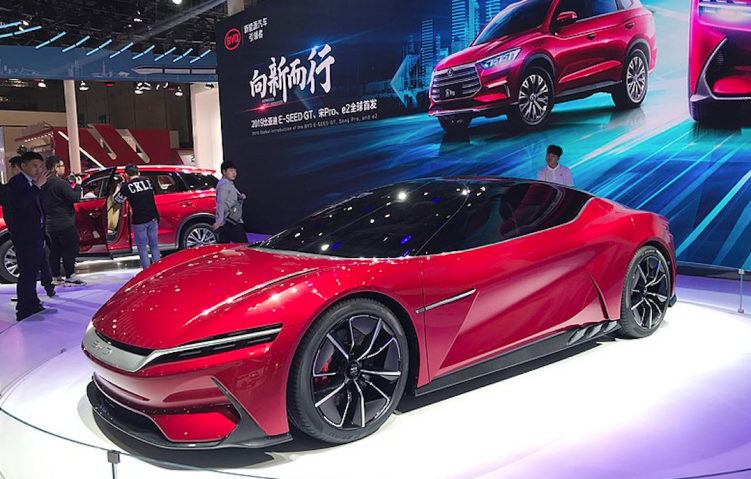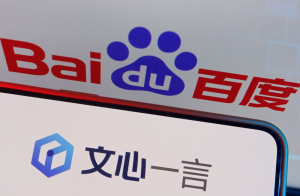(ATF) Mobile phone maker Xiaomi’s announcement that it is moving into electric vehicle (EV) manufacturing would have turned heads in normal times. But it was just one of a more than a dozen investment deals signed recently that underscore corporate China’s deeper commitment to zero-emission vehicles.
Xiaomi’s decision has been on the cards for years – an early project dubbed “Micar” was launched in 2018 – but this time the telecoms equipment brand said it is committed, although research is continuing and has not yet reached a formal project stage yet, the firm said in a release.
Just as Xiaomi’s US rival Apple has long sought to enter the carmaking business, other Chinese tech companies have also signalled interest. Search engine Baidu, e-commerce giant Alibaba, and controversial telecoms equipment supplier Huawei are becoming more active in the automotive field.
While the larger companies might crowd out some smaller, weaker competitors in the domestic automobile market – some startups have already folded – advances in electrification and “intelligent driving” have brought new opportunities.
According to company data, as of February 23, there had been 13 major investment and financing transactions in China’s new energy vehicle (NEV) sector this year, embracing companies such as BYD, Evergrande Automobile, Leap Motor, Faraday Future and other well-known brands.
Of the deals, the highest disclosed financing amount was BYD’s HK$29.9 billion (US$3.9 billion) private placement of Hong Kong shares completed in late January.
DOUBLE THE DEALS
BYD is also the only NEV brand that has completed two financing moves this year. On February 18, Hillhouse Capital spent US$200 million in the latest round of private placement of BYD shares.
At the same time, Evergrande Automobile announced in January that it would issue 952 million new shares to six investors, introducing HK$26 billion in new capital, and the firm’s stock price has risen.
The current EV total market value is more than HK$500 billion, according to Chinese state media outlet Global Times, and EV-related stocks are likely to continue to be much sought after.
From 2011 to 2020, there were 897 NEV brand investment and financing transactions in China, totalling over 384 billion yuan (over $59 billion). In the three-year period from 2016 to 2018, there were more than 160 investment and financing transactions. The most active single calendar year was 2017 with 185 transactions.
While there were only 89 investment and financing events in 2020, the total financing amount was nearly 129.21 billion yuan, breaking 100 billion yuan for the first time in the past decade.
With China’s dominance in rare earths and manufacturing capacity, EV vehicles made in China might well be a common global sight in the next few years.
























